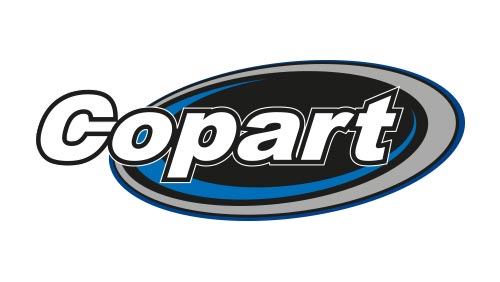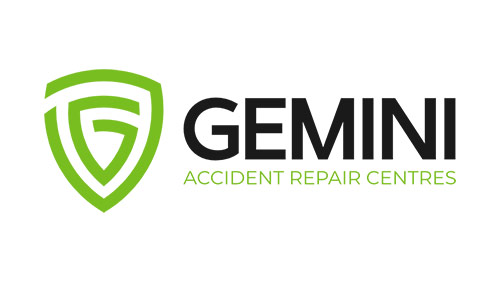While everyone appreciates that there is a skills crisis in the automotive repair sector, some of the statistics cited during the most recent webinar hosted by ARC360, in association with ILC, will have made grim reading.
It was revealed during Episode 4, Series 4, People & Skills, that there has been a 25% increase in vacancies in recent years, with up to 15 in every 100 roles now unfilled.
Work-life balance
But as drastic as that sounds, it could get worse before it gets better. A fall-out from Covid-19 has been a re-evaluation of the work-life balance, with many employees now dissatisfied with their current working arrangements. It is estimated that up to half the workforce is considering leaving their jobs in the next 12 months, and with recruiting a new member of staff costing as much as 250% more than retaining an existing one, businesses could well find the human resources struggle they face now is nothing compared to what it will be.
“We’re staring down the barrel,” said Dean Lander, Head of Repair Sector Services, Thatcham Research, who was joined on the panel by Helen Driscoll, Head of Human Resources, The Vella Group, and Edwyn van Rooyen, CEO, T-Cup.
“It just not possible to fill vacant roles by taking someone from another business anymore,” Lander continued, “because the skills required have changed so much. We’ve been speaking for more than a decade about an ageing demographic – the average age of someone working in our industry is about 50 – and about technological change, but that change will be astronomic in the next five years and most of the vehicles repairers have on ramps will be connected, electric or autonomous.”
Failing
The failing, it was agreed, is two-fold. Firstly, the sector has not invested enough in apprentices to ensure a continued pipeline of fresh talent, and, secondly, it does not promote itself well enough to either attract people from other industries or prevent those already here from leaving.
Lander continued, “There is a great deal of appetite across the sector for apprentices, but it’s not nearly enough. The latest government funding data demonstrates that from September to November last year we saw just 370 apprentices start in the industry.
“We’ve also seen training providers up and down the country exiting the market or providing inappropriate services, which is harmful because it turns repairers off apprentices.”
While this can be addressed over time, the immediate shortfall is acute and the industry could do more to help itself by targeting transferable skills in other sectors.
Lander said, “We paint things, we bend metal. We aren’t the only industry that does that, so how do we attract people from other career paths? For far too long those industries have attracted people from bodyshops, but it’s not happened the other way around.”
Solution
One solution could be a change of approach when it comes to both recruitment and company culture. Van Rooyen advised businesses to view employees and potential employees as people first, and build from there.
He said, “At T-Cup we work across 14 different industries, but we don’t work with any sector where companies are more challenged to keep their people. Of course, when it comes to recruitment every industry considers what skills are needed for specific jobs, but the industries that are thriving focus on basic human needs. What do people need to be happy, what drives their self-fulfilment? Do people join a company because they want to do the job or because they want their human needs to be met around relationships, health, feeling valued and safe? If you look at it from that perspective it creates a totally different culture.”
Adapting
The Vella Group has already adapted. Like most other companies, it has noticed severe gaps in the talent pool when it comes to recruitment, particularly for technicians, which in turn has driven wages up from £30,000 to nearer £45,000.
It has recognised that the status quo cannot continue and has been evolving to ensure it stands out from its competitors in terms of environment, engagement and career development.
Driscoll said, “We’ve seen that health and wellbeing is a rising issue, and the work life balance has changed. We are adapting in our approach to this, because if we carried on working the way we did two years ago we’d not be able to attract or retain.”
That means more apprentices, but it also means more training to established technicians and managers to ensure they are capable of handling the significant change impacting all areas of working.
Hopeful
The good news is that this fight is far from over. Although it may seem daunting now, the industry has a good track-record in innovation and adaptability, and the signs are encouraging that it is at least on the right path.
A live online poll conducted during the webinar saw more than half of respondents cite company culture (34%) and working environment (19%) as the important selling points when it comes to recruitment, ahead of salary (31%) and work benefits (six per cent), while a second poll saw adaptability top a list of the most desired characteristics among candidates with a whopping (53%), more than double the combined percentage for specialist skills (22%) and digital skills (19%).
This suggests the sector is now viewing employees as more than just a set of skills, which can only be a positive as it seeks to establish itself as an aspirational industry going forward.
Van Rooyen concluded, “The industry is not a million miles away, and not as far away as perhaps we think. Every sector is going through these challenges at the moment but the fact that these issues are recognised and being talked about is a massive step. There are still some industries with their heads in the sand.”
ARC360 would like to thank its Corporate Partners Solera Audatex, BASF, BMS, CAPS, Copart, Emacs, Entegral, Enterprise Rent-A-Car, Innovation Group, Mirka, Nationwide Vehicle Recovery Assistance, S&G Response, and Sherwin Williams as well as Partners asTech, The Green Parts Specialist, Indasa and Prasco UK, and associate partners Gemini, Thatcham Research and Trend Tracker.

















